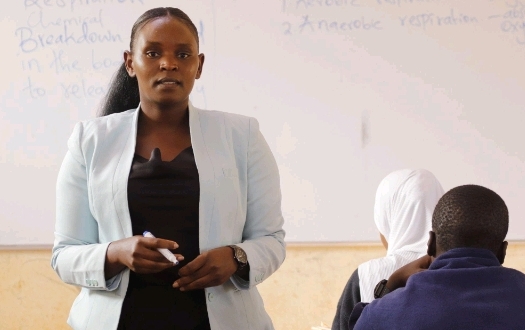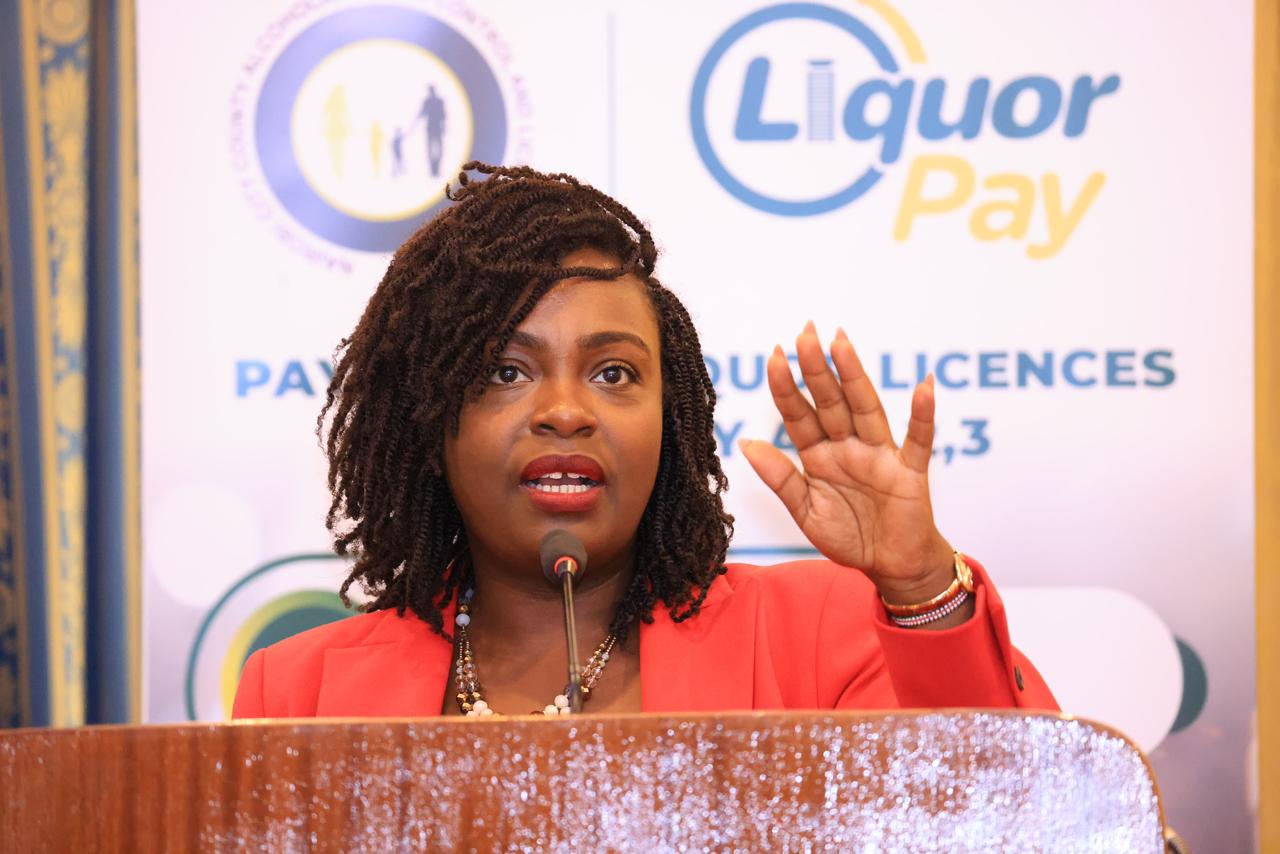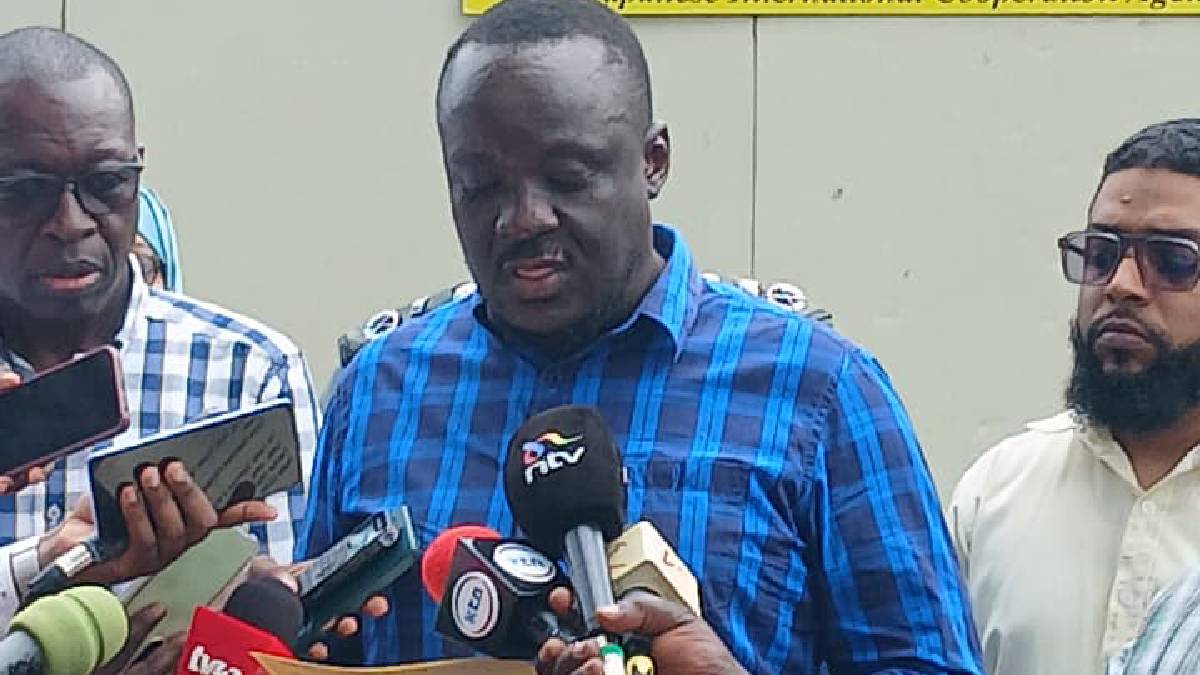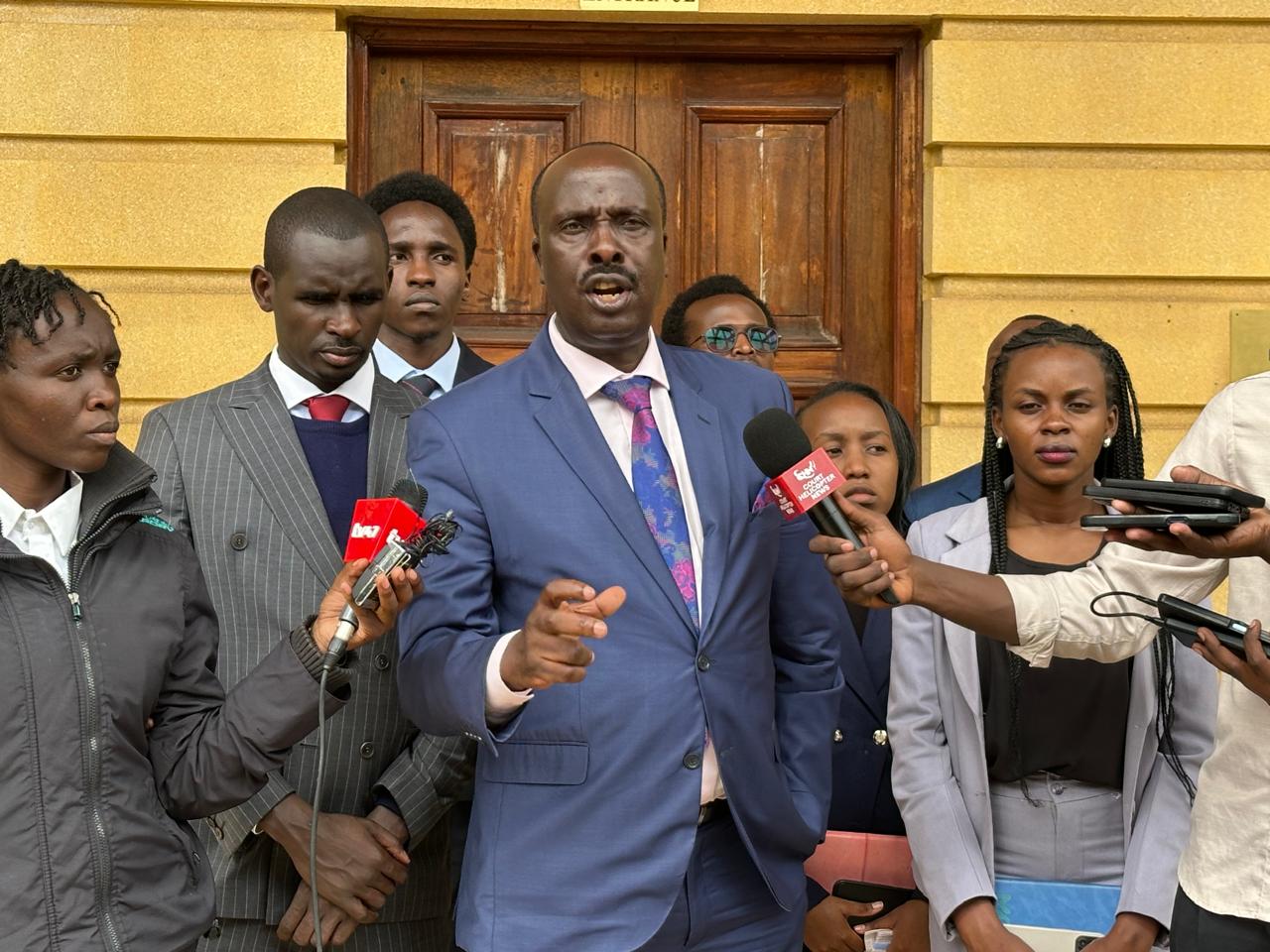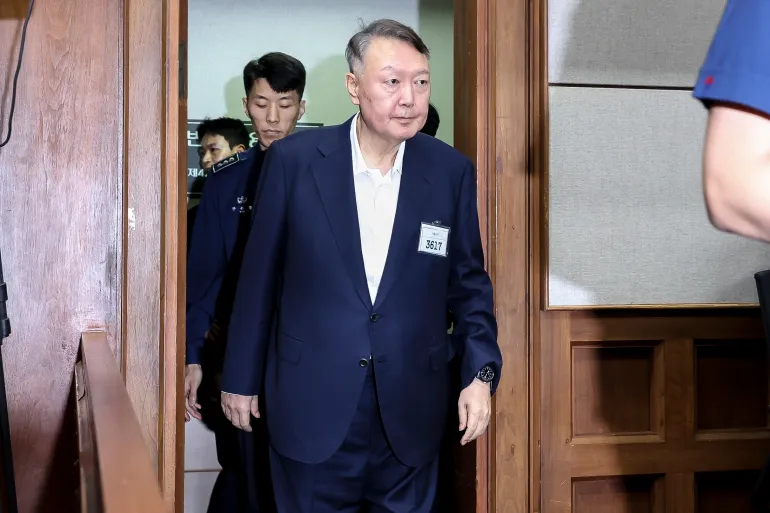She remembers with deep emotion the pain of returning to school after maternity leave while working under a Board of Management (BOM) contract, a period marked by uncertainty, heartbreak, and silent tears.
After months of caring for her newborn, she went back to class only to find that her job was no longer hers.
“I was hired at a school in Kisii County. So I was expectant. I went on maternity leave, and when I came back, I was told someone else had taken over my job. I could not continue,” she recalls, her voice heavy with the memory of disappointment. “I felt really bad because when you are on BOM terms, there is no job security at all.”
For five painful years after graduating in 2018, Sylvia Moige lived through a cycle of shattered hope, applications to the Teachers Service Commission (TSC) that yielded no response, interviews that ended in rejection, and opportunities that slipped through her fingers.
Yet even as the setbacks piled up, she refused to give up on her dream. She took one temporary BOM teaching contract after another, convincing herself that each would be the bridge to a permanent job, that maybe this time, things would be different.
“The first one was in 2019, immediately, the internship was rolled out by the Teachers Service Commission. So I applied, but I did not get that opportunity. Then I applied again, that was in 2020, but again, I did not get an opportunity. In 2022 I applied, I was not lucky,” she recalls.
That long and painful chapter is now behind her. Today, when Sylvia walks into the classroom at Loresho Secondary School in Nairobi County, the sparkle in her eyes tells a story of triumph, one born of patience, pain, and resilience.
Her teaching journey was never straightforward, but every struggle made the victory sweeter. “I wanted to be a doctor. I did really well, but Kenya Universities and Colleges Central Placement Service (KUCCPS) selected me to go and do Education at Kisii University, which, of course, I did because I did not have funds to go and do a Bachelor’s in Medicine.”
With limited funds, she had no choice but to let go of her ambition to wear a doctor’s coat. Instead, she embraced her new path, settling on Biology and Chemistry, subjects she would later pour her heart into teaching.Graduating in 2018, Sylvia was confident her future in teaching was secure.
Despite her qualifications and teaching in-demand subjects, Sylvia’s name never appeared on the Teachers Service Commission (TSC) recruitment list.
Year after year, she applied following newspaper adverts, holding onto hope that one day her turn would come. Each advert rekindled her dream, and each year ended in disappointment.
Her subject combination was among the most sought after, what many in the profession call a “hotcake” with graduates often absorbed into the system almost immediately due to high demand.
As TSC Chairperson Dr. Jamleck Muturi explains, teacher recruitment is guided by national learning needs and subject demand: “There are learning areas that require more teachers, and others that need fewer. For example, in special needs education, the teacher-pupil ratio is lower. That is why, as a Commission, we strive to align recruitment with the actual needs of learners,” he said.
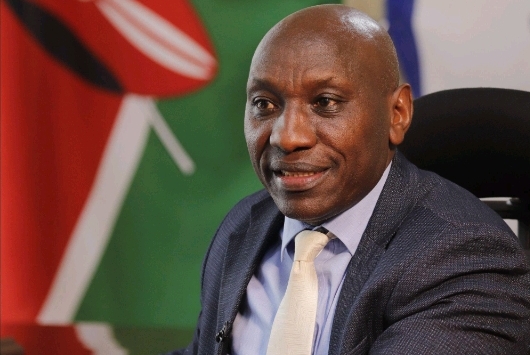
Her persistence, however, was not in vain. In 2023, her patience was finally rewarded when President William Ruto’s pledge to hire more teachers was fulfilled.
“So when the president came in, one of his promises was to hire teachers. During that financial year of 2022/2023, 15,000 were hired on permanent and pensionable terms. I was lucky to be among the 15,000 and I really felt good that he kept his promise.”
After submitting her online application, Sylvia’s name finally appeared among the 15,000 teachers successfully recruited on permanent and pensionable terms — the result of a rigorous and competitive interview process.
“That day, I felt like my whole world changed,” she says with a wide smile. “It was not just a job, it was dignity, security, and a second chance at my dream. I would like to thank Mr President, Dr William Samoei Ruto, for keeping his promise of hiring the teachers. I really appreciate being one of the beneficiaries.”
Today, Sylvia sees the classroom as a bridge between the doctor she once aspired to be and the mentor she has become.
“I am really enjoying it because I wanted to be a doctor; now I am teaching biology and chemistry, so it is fulfilling. I have taught students who are now doing medicine. I have inspired them to do so at a higher level.”
Her story mirrors that of thousands of teachers across Kenya whose long waits have finally ended with new hope, dignity, and opportunity.
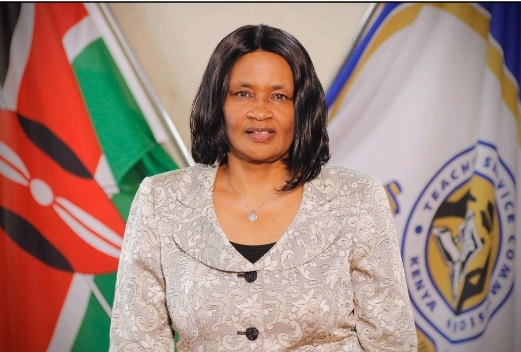
Acting Teachers Service Commission (TSC) Chief Executive Officer Evaleen Mitei affirms that ongoing reforms have made the recruitment process fairer, more transparent, and more accessible than ever before.
“We have been able to recruit 76,000 teachers in three years, between 2022 and now. Before 2022, the government would allocate funding for 5,000 teachers a year. That means these are teachers who, under the old system of 5,000 annual hires, would have been absorbed over a span of 20 years. Those vacancies were very few, considering the number of registered and trained teachers out there. The process was therefore highly competitive because everyone would be scrambling for those 5,000 positions,” she said.
She added:“From 2022, that opportunity has been expanded. Over time, we have employed more than 10,000 teachers at any given time, which has given many teachers the chance to apply and be recruited. This is in line with the President’s vision of creating employment for the youth. We are proceeding with the recruitment process, and by 2027, we will have over 120,000 teachers recruited. That is big for us.”
TSC Chairperson Dr. Jamleck Muturi, on his part, emphasized that teacher recruitment is not only aimed at improving the teacher – learner ratio, but also at enhancing instructional quality and learning outcomes.
“We have UNESCO standards, no doubt about it. But as we distribute our teachers in this country, we take care of the learning areas. The first important person in any curriculum implementation is the teacher. The high number of teachers recruited has ensured there is a reduction in the teacher-pupil ratio. Two, it has taken care of the various learning areas.”
President William Ruto has described teachers as “Kenya’s greatest resource and patriots.” At State House, Nairobi, while addressing more than 10,000 educators, he lauded them for “spending extra hours shaping the destiny of our children,” pledging to keep education at the center of his administration’s agenda.
The Deputy President, Kithure Kindiki, himself a former law lecturer, put it simply, “Teachers are the only people I know who lose sleep because of the children of others. They are patriotic, selfless, and give their all for the sake of others.”
For Sylvia, standing before her students each morning is more than the fulfillment of a dream; it is a quiet victory over years of uncertainty. Yet thousands of qualified teachers across Kenya remain unemployed, casualties of a recruitment system that, for decades since independence, lacked transparency and fairness.


